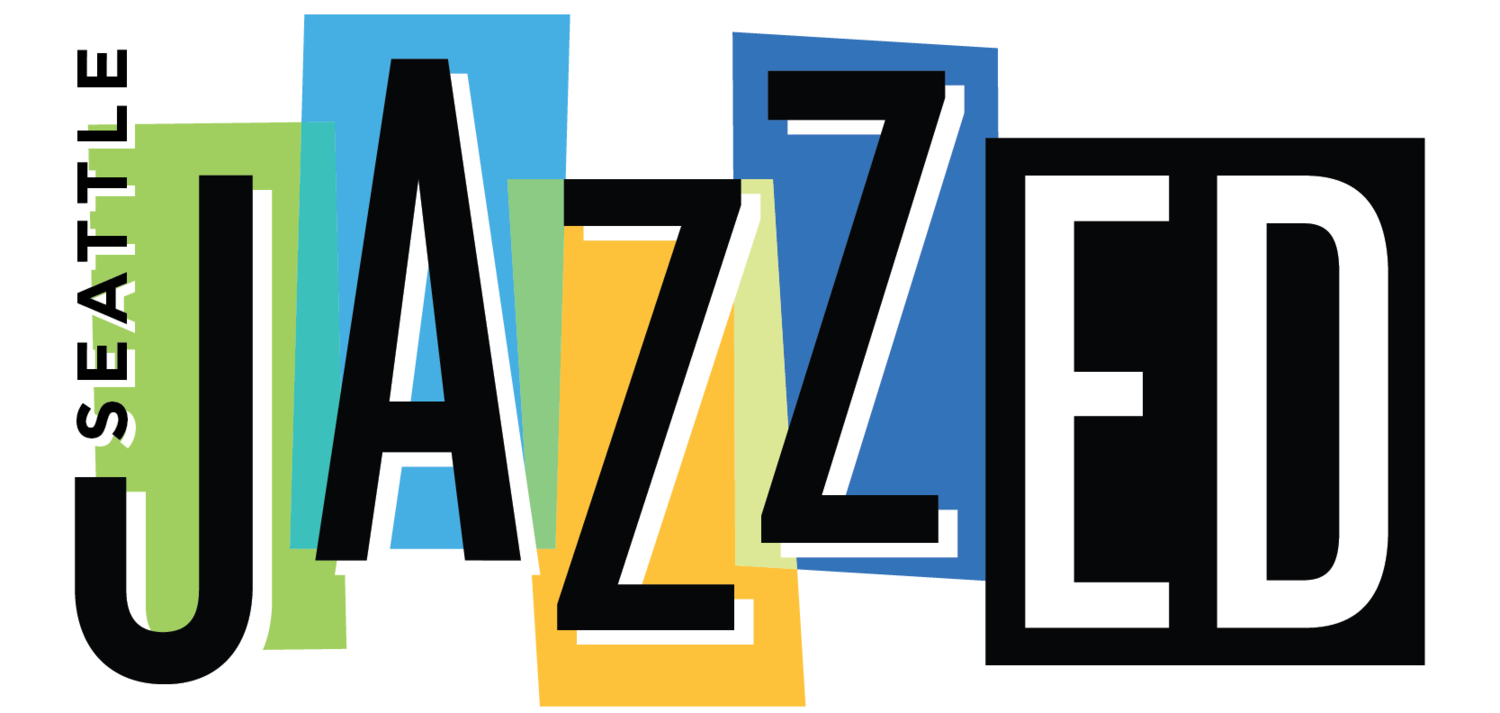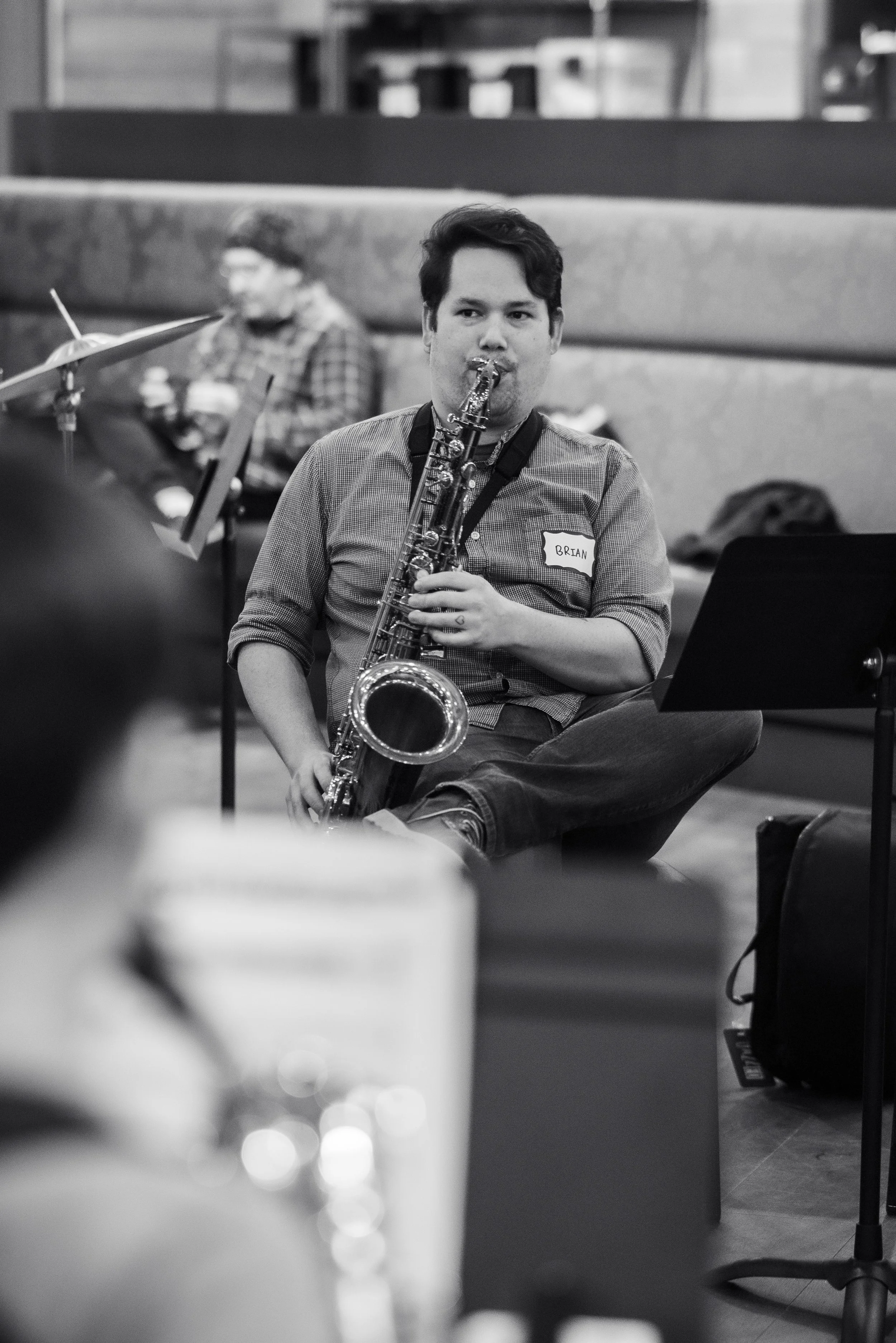ArtsFund Awards 2025 Community Accelerator Grants
/For a third year, ArtsFund and the Paul G.Allen Family Foundation has administered $10 million in funding as part of the Community Accelerator grants program. Seattle Jazzed is proud to be included in this announcement, receiving a grant of $12,500.
The Community Accelator program grants range from $2,500 to $25,000 and are unrestricted (meaning they can be used for anything an organization deems necessary). This grant continues to prioritize the distribution of resources to communities that are underrepresented in other funding programs.
At Seattle JazzED, we believe that creative self-expression is part of what makes us human. When young people have opportunities to be creative, it sparks joy and makes our communities more engaging and inclusive. That’s why our mission is to offer students an excellent music education, regardless of income, background, or experience.
But none of this happens without funding. Public arts funding continues to shrink, even as the need for creative outlets grows. Support from grants and donors ensures that the arts remain accessible. With this grant, Seattle JazzED can continue to provide sliding scale tuition, free loaner instruments, and music education for students across our region.








